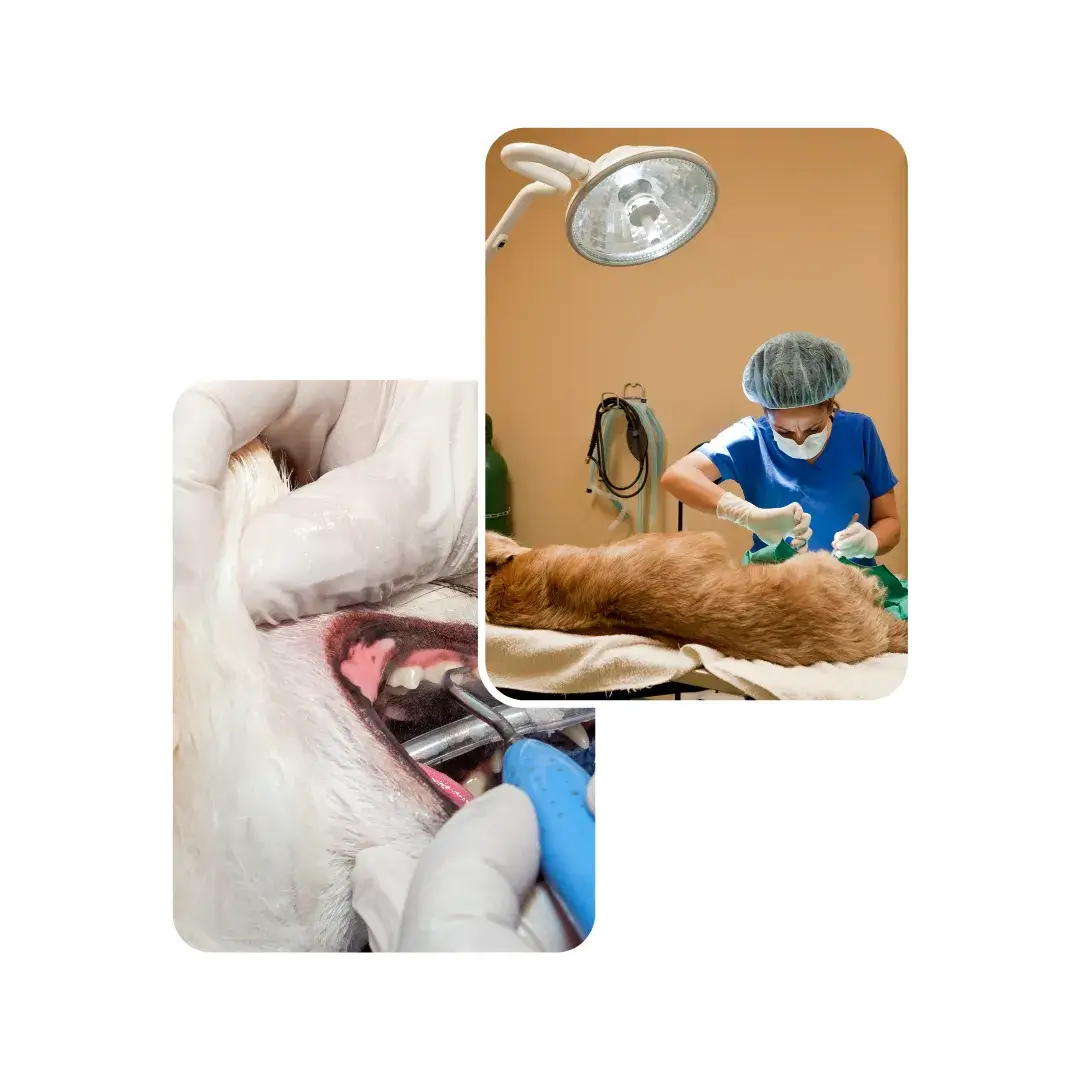

Common surgeries include spaying, neutering, tumor removal, orthopedic repairs, and dental extractions.
Yes. With modern anesthesia and monitoring, risks are much lower than in the past.
It depends. Minor surgeries heal within 7–10 days, while orthopedic or complex procedures may take weeks to months.
Some surgeries are curative (removing tumors), while others manage conditions (joint surgeries).
Mild discomfort is expected, but pain relief medication keeps them comfortable.
Yes. You can explore more about dog problem and treatment on our dog page to stay informed and prepared.
Your pet deserves expert care – Subscribe now for trusted tips and updates from our pet experts.
